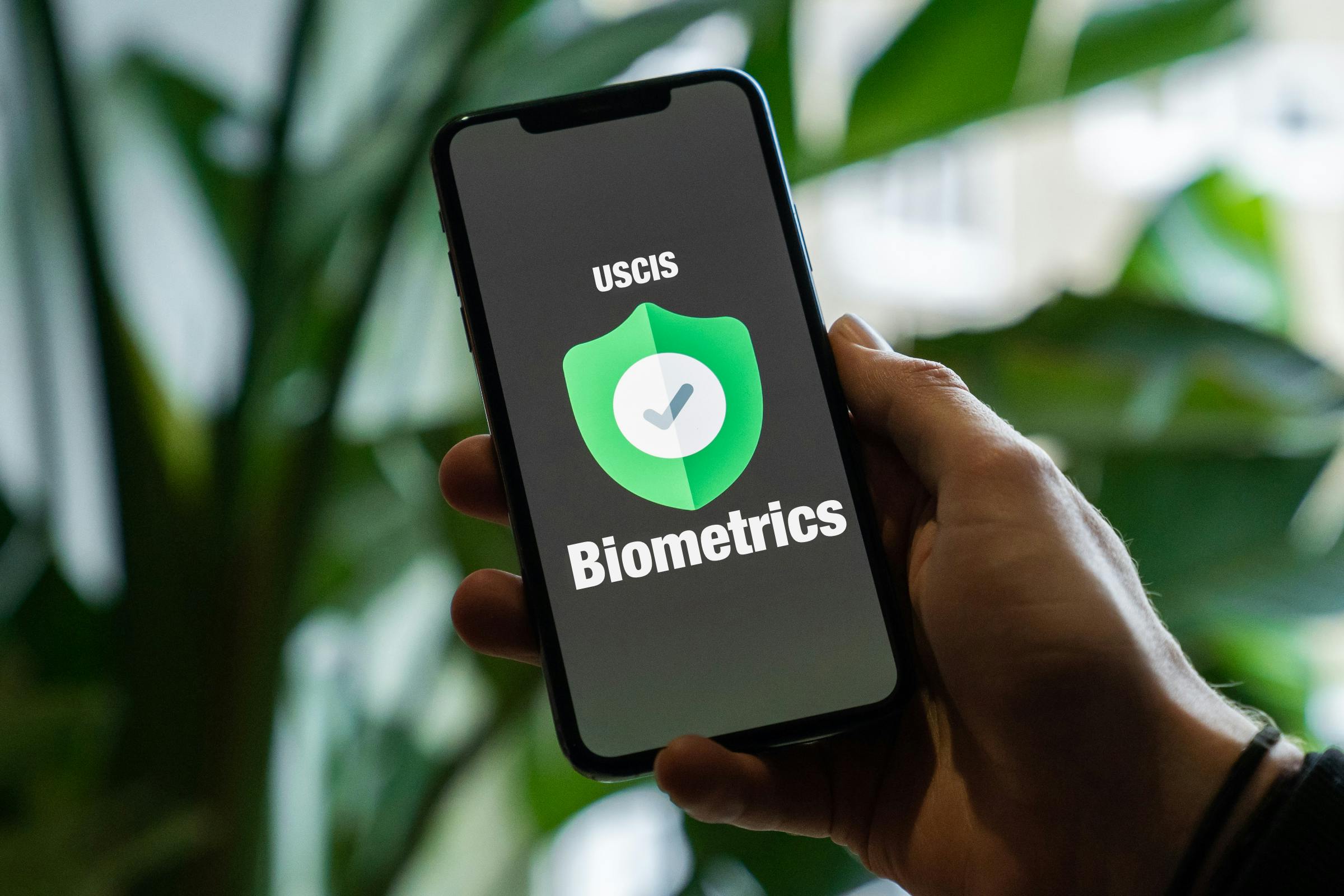What You’ll Be Getting Into
When you schedule your appointment with the US Consulate or Embassy, you may be given two appointments: your biometrics screening and your visa stamping. It’s necessary to complete the biometrics screening early enough in advance to ensure the results are in the system before your visa appointment.
During the screening, someone will verify that you (the applicant) are who you claim to be by taking your fingerprints and an on-site photograph. They will run that information through the appropriate databases to check for criminal records and previous immigration violations. You’ll also sign your name in front of a representative.
That’s it! There’s no need for any bloodwork taken, no needles, and no DNA testing. These are possible procedures for other circumstances, but they’re not part of the biometrics screening appointment. Once you’re called back for your screening, you’ll probably be done within 15-20 minutes.
Keep in mind that the people you will be meeting with don’t know anything about your case. This is not the time or place to ask questions about your application. Chances are, the person taking care of you is a contracted employee for someone outside the USCIS.
What You Should Know Before You Go
When you receive your notice that you have an appointment for a biometrics screening, be sure to clear your calendar of any events scheduled near that time for that day. It’s possible that you’ll receive this notice before you get your appointment for your visa stamping, and that’s fine. You should receive the second appointment shortly after. Take this biometrics screening as a positive sign that your application is moving forward and progressing toward its final step!
What you should know is that the only person who needs to attend this screening is the person on the visa application. The employer or sponsor does not need to come, but they are permitted. Bringing family members is also permissible. You may bring a representative, attorney, or interpreter if you choose to do so.
You’ll need to have the following documents with you:
- Your government-issued photo ID
- The letter from USCIS stating your appointed time and location of the biometrics screening
- Any other documents you’ve received from USCIS, including your receipt of payment (you paid for the biometrics fee when you submitted your H-1B visa petition)
- Documents USCIS has requested you to bring
When you go to the fingerprinting area, you may not bring electronic devices, cameras, or food. Weapons of any kind are not allowed at the screening location.
Other Things to Know
If you need to reschedule your biometrics screening, you may do so online at your USCIS account. It isn’t recommended, but once is acceptable. Rescheduling twice will likely cause your petition to miss the “timely manner” aspect. Note that if you don’t show up and haven’t rescheduled, your application could be denied.
We mentioned earlier that this appointment is not a big deal as long as you don’t have a criminal record, but what about those who do? If you have something on your record that you think may deter your approval, talk to your immigration attorney and be honest. They’ll advise you as to what you should do and show you where to disclose this info on your application so that it doesn’t look as though you’re hiding it.
There are many people with criminal records. USCIS wants to verify that what you’ve disclosed matches what the FBI and DHS databases have on file. Certain crimes may make you ineligible for a visa. Your attorney can discuss this with you further.
What’s Next?
Questions about your upcoming biometrics screening or your visa application? Contact our office at Visa2US for answers and guidance. Our expert immigration attorneys are available around the clock to help you further your career goals with a work visa.














